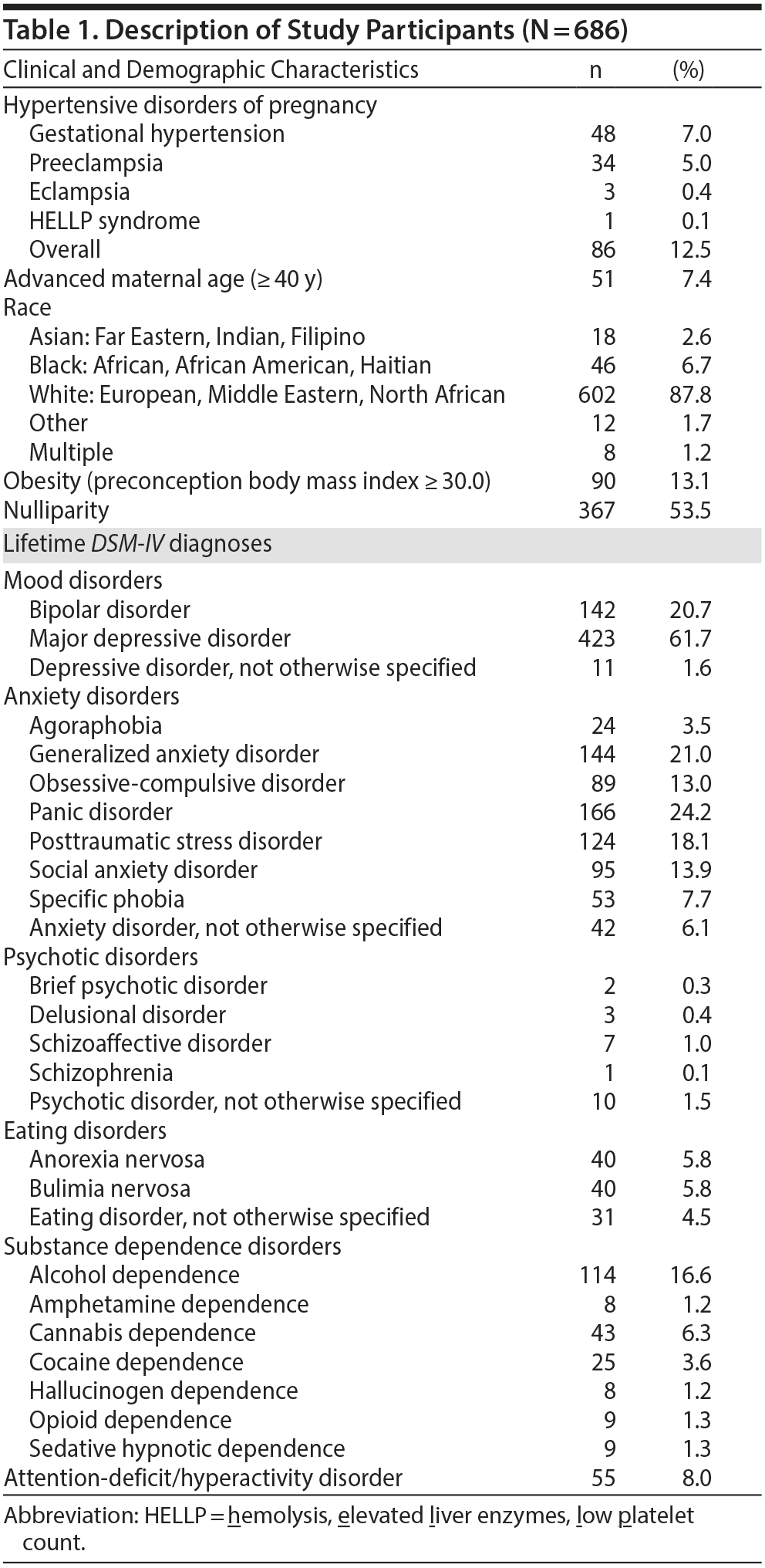- Joined
- May 3, 2021
- Messages
- 36
- Reaction score
- 28
I have a few adult patients in my practice with ADHD: I try to be very thougthful when giving this diagnosis, often interviewing other family members, more than 1 visit, standarized tests and such. These patients often have comorbid anxiety or depression, and when that is the case, I usually choose bupropion to try and treat more than 1 condition with just 1 drug. I've read the literature (Comparative efficacy and tolerability of medications for attention-deficit hyperactivity disorder in children, adolescents, and adults: a systematic review and network meta-analysis - PubMed ; Bupropion for attention deficit hyperactivity disorder (ADHD) in adults - PubMed) and there seems to be at least a solid evidence on this use, specially with comorbidities. Thing is, some patients don't seem to respond all that well, at least compared to when I use amphetamines or metylphenidate - do you guys see that often in your clinical practice? Is bupropion a drug that you consider in these cases?
Thanks in advance!
Thanks in advance!

